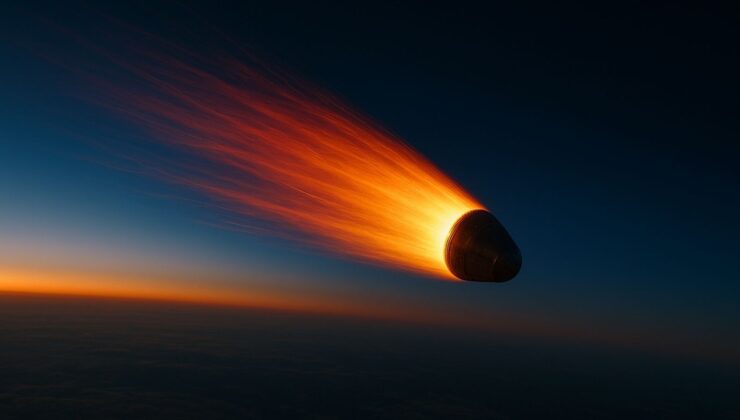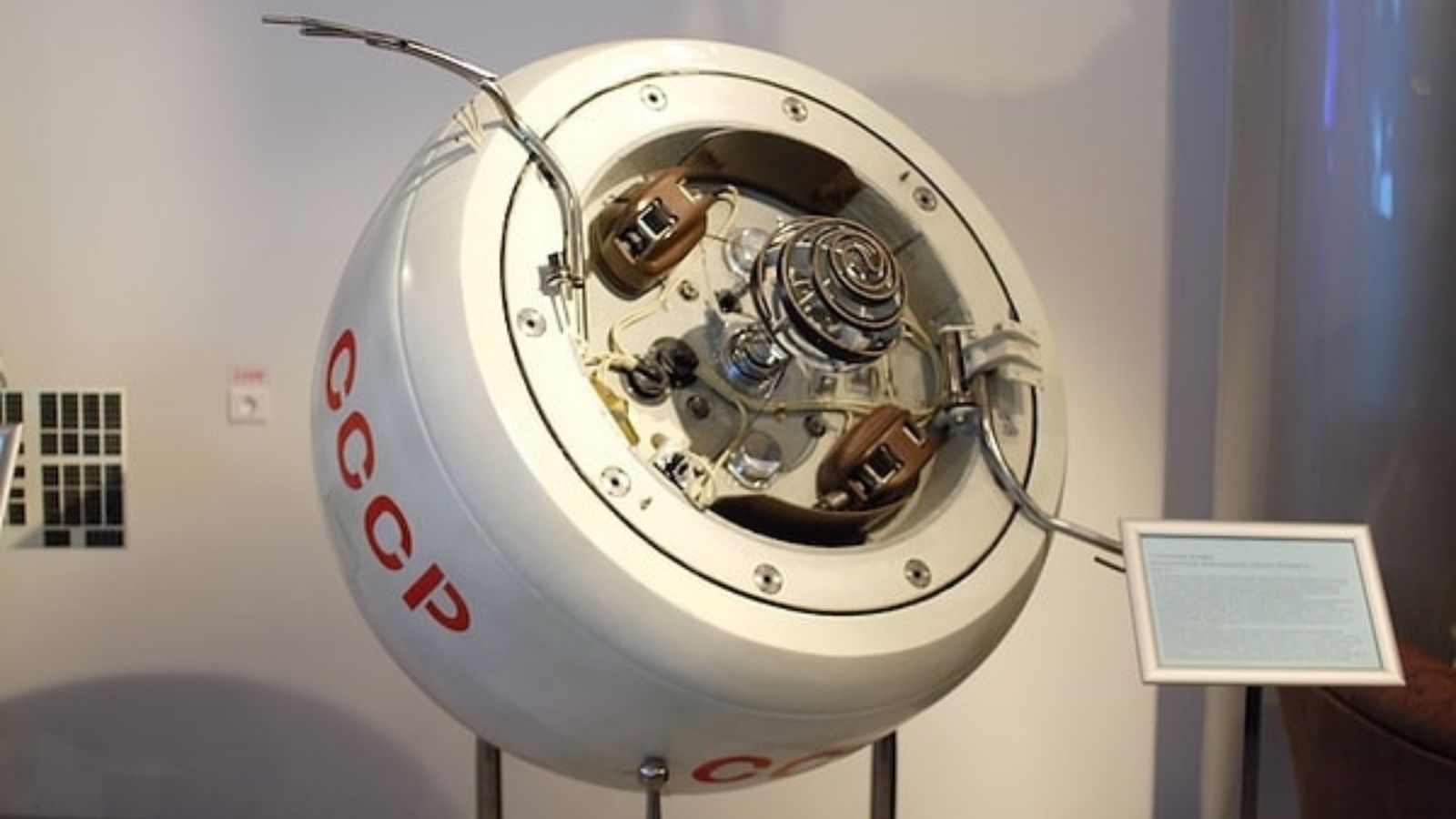

A component of the Kosmos 482 spacecraft, launched by the Soviet Union in 1972 with the mission to explore Venus, is set to make a dramatic return to Earth after nearly five decades. Experts project that this descent, expected to occur around mid-May, raises particular concerns due to the spacecraft’s landing capsule, which is engineered to endure atmospheric re-entry.

Despite potential apprehensions, scientists assure that the likelihood of an impact causing damage is minimal. The capsule, designed to withstand Venus’ extreme heat and pressure, is anticipated to largely remain intact as it enters Earth’s atmosphere. Dr. Jonathan McDowell of the Harvard-Smithsonian Center for Astrophysics noted that although there’s a chance the capsule could survive re-entry due to its heat shield, this remains a remote possibility.
While the precise trajectory of the capsule’s fall has yet to be determined, it is predicted to affect a broad region. Marco Langbroek, a space traffic expert from Delft Technical University, mentioned that the capsule could potentially land in parts of Africa, South America, Australia, the USA, Canada, Europe, and Asia. However, with Earth’s surface being predominantly water, the fragment is more likely to descend into the ocean.
The impending fall of the Kosmos 482 spacecraft fragment highlights not only the growing issue of space debris but also raises questions about space law. Parker Wishik from the Aerospace Corporation points out that under the 1967 Outer Space Treaty, ownership of fallen space debris remains with the original owner—in this case, Russia. Thus, if the capsule is recovered, Russia retains the right to reclaim it.
Authorities strongly advise that should the capsule land on terrestrial ground, it is crucial for individuals to keep their distance. It is emphasized that proper safety measures should be in place, as remnants of old spacecraft may still harbor toxic fuel residues and hazardous materials. Parker Wishik from the Aerospace Corporation underscores the need for stricter regulations concerning space debris: “Anything you send into space can come back to you, even decades later.”
As the world watches, the re-entry of Kosmos 482 is a reminder of the lasting impact of space exploration. The global community waits to see where this capsule, launched over half a century ago, will ultimately land and the ramifications it may bring.
SİGORTA
15 saat önceSİGORTA
15 saat önceSİGORTA
2 gün önceSİGORTA
5 gün önceSİGORTA
6 gün önceSİGORTA
6 gün önceSİGORTA
6 gün önceSİGORTA
7 gün önceSİGORTA
9 gün önceSİGORTA
9 gün önce 1
DJI Mini 5: A Leap Forward in Drone Technology
20099 kez okundu
1
DJI Mini 5: A Leap Forward in Drone Technology
20099 kez okundu
 2
xAI’s Grok Chatbot Introduces Memory Feature to Rival ChatGPT and Google Gemini
14116 kez okundu
2
xAI’s Grok Chatbot Introduces Memory Feature to Rival ChatGPT and Google Gemini
14116 kez okundu
 3
7 Essential Foods for Optimal Brain Health
12978 kez okundu
3
7 Essential Foods for Optimal Brain Health
12978 kez okundu
 4
Elon Musk’s Father: “Admiring Putin is Only Natural”
12825 kez okundu
4
Elon Musk’s Father: “Admiring Putin is Only Natural”
12825 kez okundu
 5
Minnesota’s Proposed Lifeline Auto Insurance Program
10701 kez okundu
5
Minnesota’s Proposed Lifeline Auto Insurance Program
10701 kez okundu
Sigorta Güncel Sigorta Şikayet Güvence Haber Hasar Onarım Insurance News Ajans Sigorta Sigorta Kampanya Sigorta Ajansı Sigorta Sondakika Insurance News